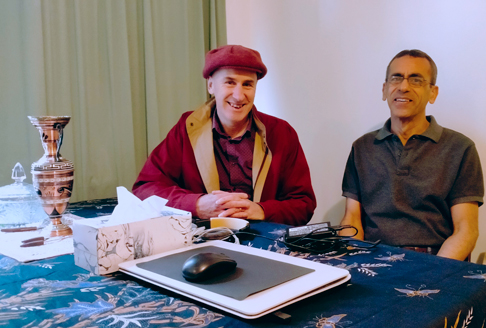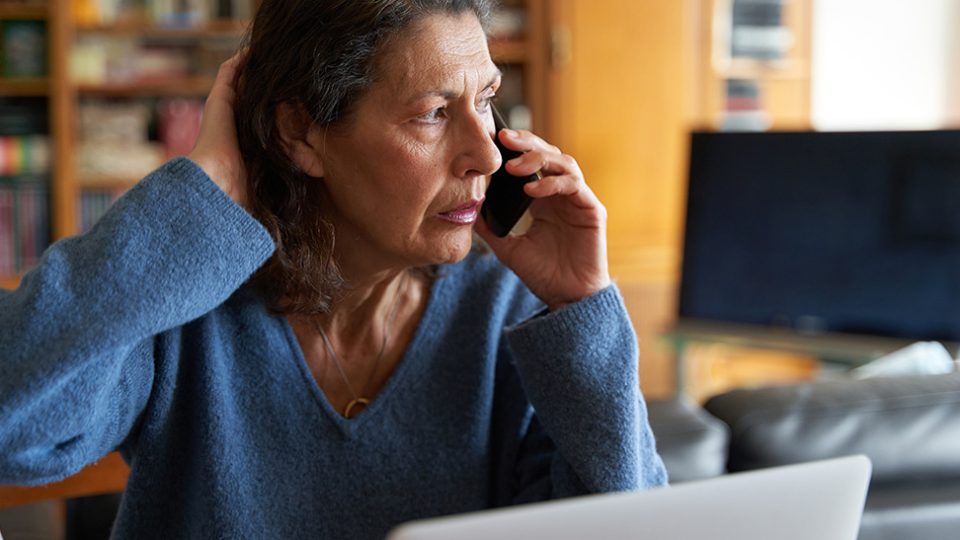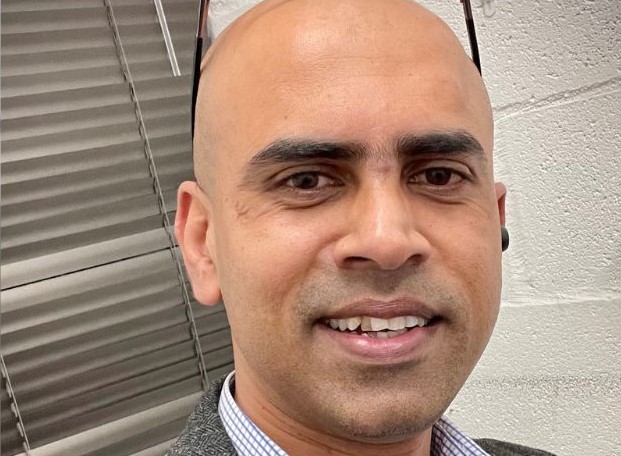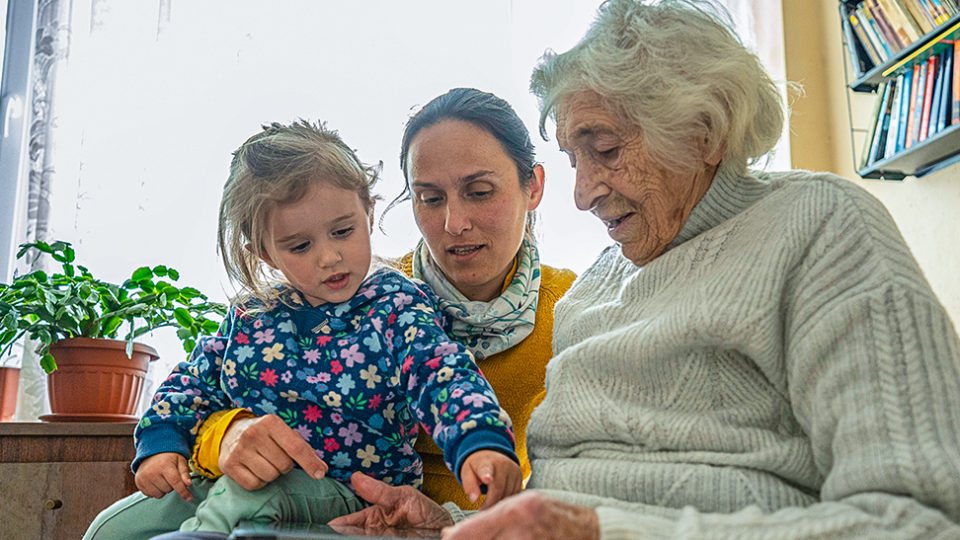Mosaic churches team up to support Houses of Hope
- 16 Jun 2022

People seeking asylum are among the most vulnerable in our community. Baptcare’s Houses of Hope program offers safe, suitable and secure housing for people seeking asylum who have experienced, or are at risk of, homelessness.
This initiative is supported by a number of Baptist congregations. One beautiful example of this support is provided by a group of four churches in Melbourne’s inner north-eastern suburbs.
The Baptist churches of West Preston, Ivanhoe, Rosanna and Regent have been meeting for some time, exploring the Baptist Union of Victoria (BUV) slogan Together on Mission. “This is an ongoing conversation to imagine what a potential partnership can look like, which has been enthusiastically taken up by all four congregations,” says Rev Gayle Hill, Head of the Mission Catalyst Team at BUV.
“They have come together under the name of Mosaic, reflecting that they remain individual churches but are embracing the partnership paradigm. Part of the conversation has been around what sort of missional initiatives each of the churches has been undertaking, and what opportunities there are to support each other.”
West Preston Baptist Church has had a long involvement in supporting people seeking asylum through Baptcare’s Sanctuary program. This congregation has led the drive of the Mosaic churches to support Houses of Hope. After a joint service, each congregation pledged an amount to put towards renting houses for the project through the auspices of Baptcare. The Mosaic churches are now supporting three Houses of Hope, with aspirations for a fourth.
“We decided to do some fundraising and kicked off an initiative amongst the four churches in our area,” says Tony Williams of West Preston Baptist Church. “We advertised the need amongst the churches, and got enough pledges to provide funds to Baptcare for the rental of almost three two-bedroom units for a minimum of two years. The people who pledged could visualise who the people are who are affected, and that personal connection with asylum seekers drove the response.”
“I think there is a great opportunity for other churches to consider this model,” Gayle says. “Although a single church might feel it is beyond it financially, when several churches collaborate it can be achieved, especially through partnership with Baptcare. Joining together enables them to flourish, as well as giving an opportunity for the most vulnerable people in society to flourish.”
The Bible has numerous references to showing love for strangers. (For example, Matthew 25:35 For I was hungry and you gave me food, I was thirsty and you gave me something to drink, I was a stranger and you welcomed me.) When the scripture says that God’s face can be seen in the face of the stranger, it means that God’s face can be seen in the face of the person seeking asylum, and the refugee. This underpins the love and support that is flowing from the Mosaic churches, and the other congregations and individuals supporting Houses of Hope. It is an alignment of mission between Baptcare, Baptist churches and the BUV Support Hub with one aim: supporting people in acute need.
Community news
-

Tips for dealing with life in the sandwich generation
This is part two in our blog series on the sandwich generation. Here are some tips for dealing with the carer’s squeeze experienced by a growing number of Australians, particularly women. Key points: Summary of challenges facing the sandwich generation Tips for dealing with the challenges System reforms needed
- 11 Jul 2025
-

Meet Suraj | Hospitality Manager Residential Aged Care
What makes a residential aged care community truly feel like home? It’s the perfect blend of a warm, inviting atmosphere, devoted and compassionate staff, and thoughtfully crafted meals that foster an undeniable sense of belonging. Today we meet Suraj Ligade, Baptcare’s Hospitality Manager, to explore how his passion for care and culinary excellence nourishes both the bodies and spirits of our treasured aged care residents.
- 10 Jul 2025
-

The sandwich generation phenomenon unpacked
Welcome to the first of two blogs on the theme of the sandwich generation in Australia. In this one, we’ll cover the definition of the sandwich generation, the different types of caring that fall within it and some of the issues those in the sandwich generation face. The second blog will cover tips for dealing with life in the sandwich generation
- 02 Jul 2025
